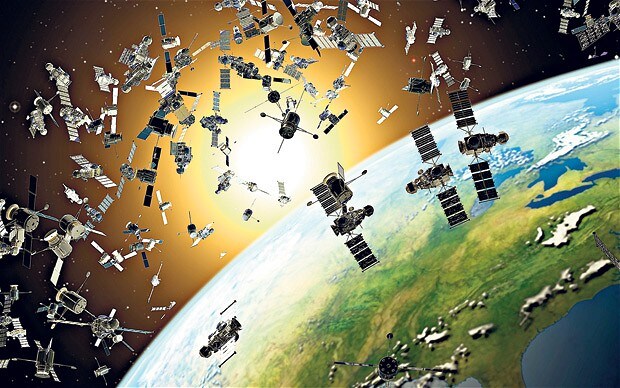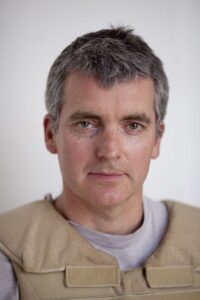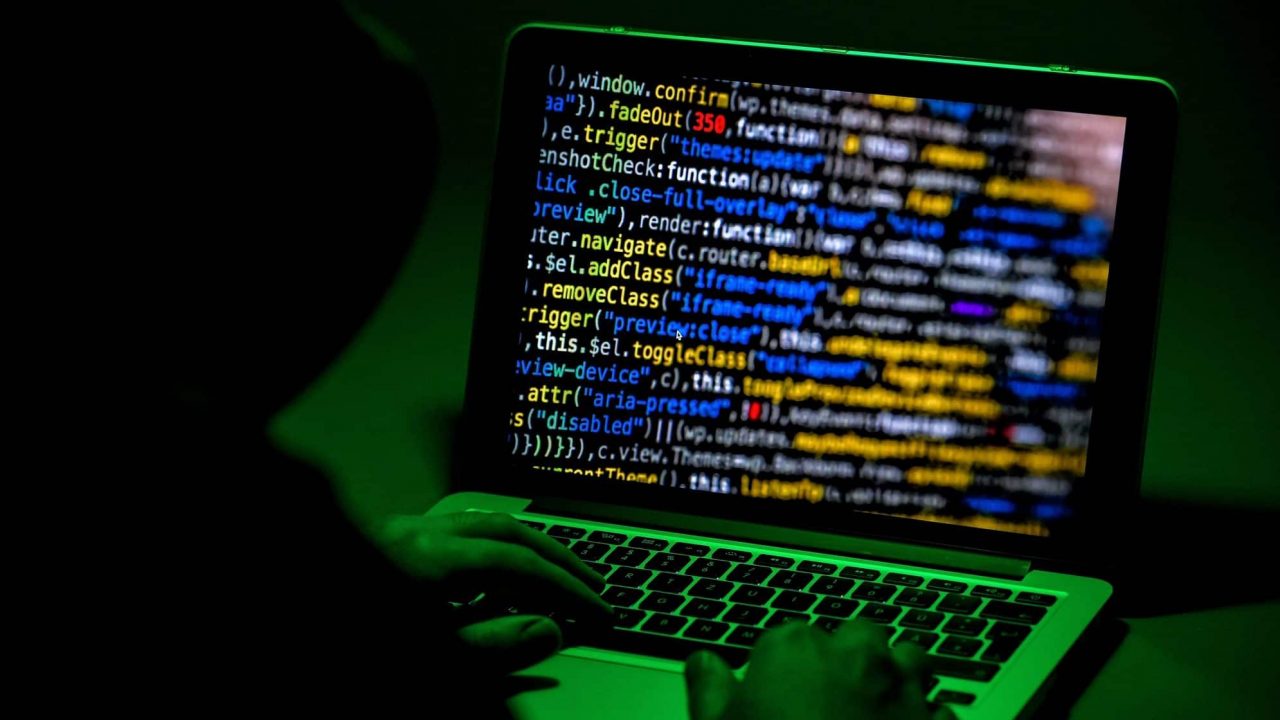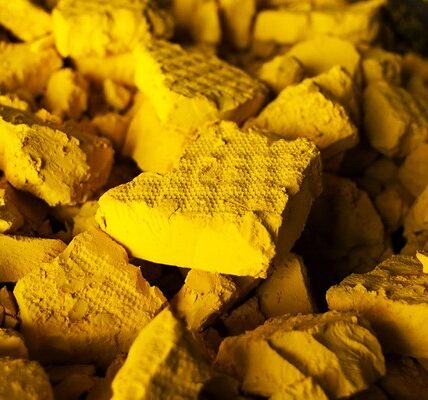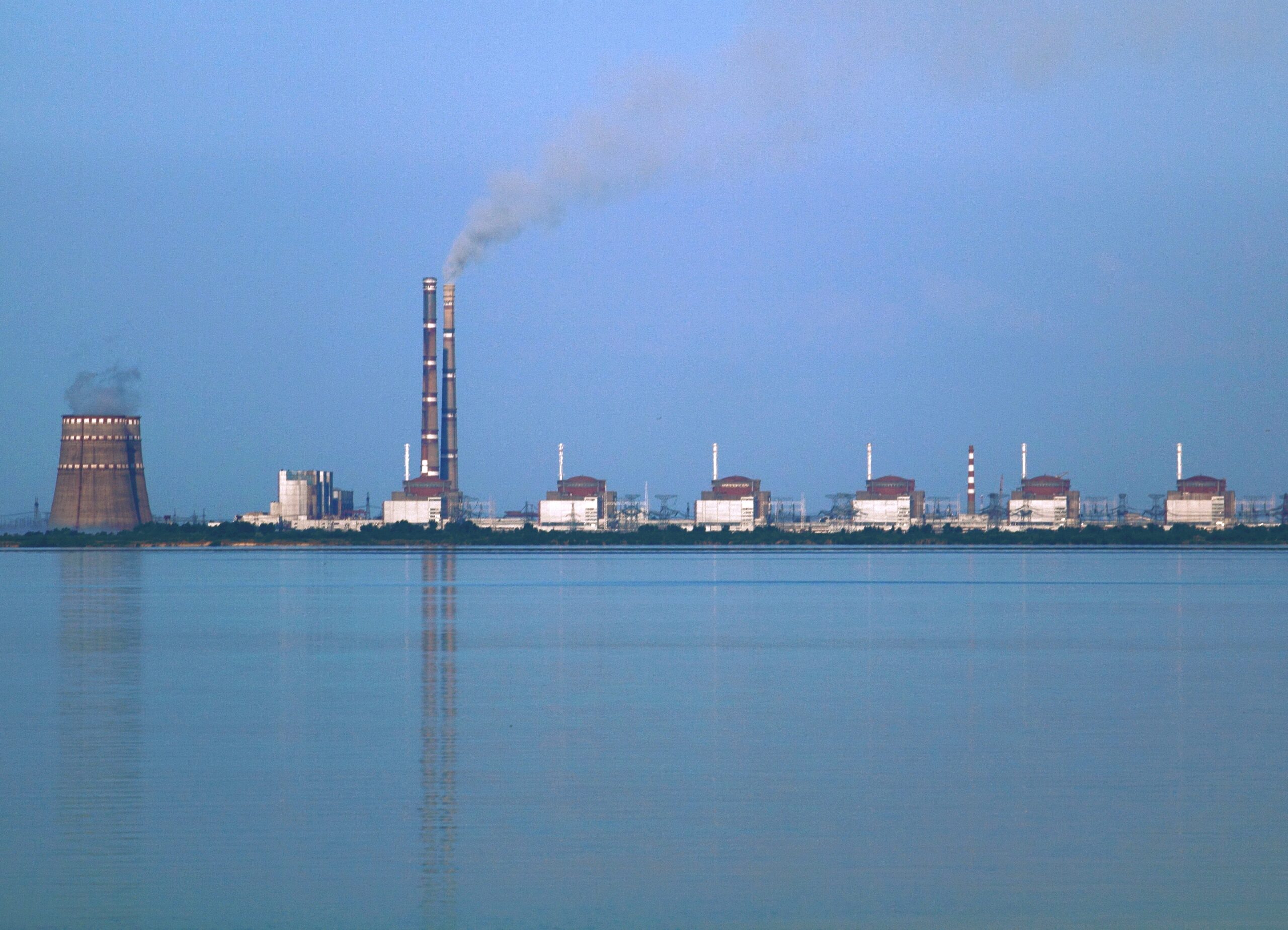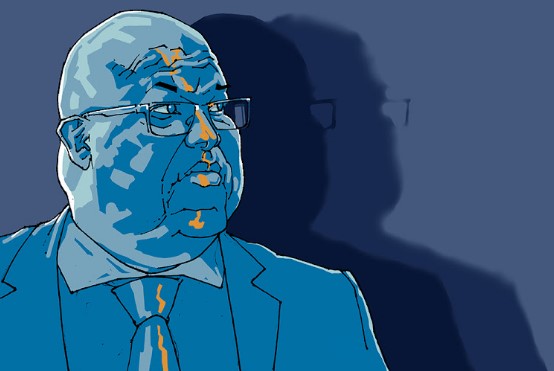Two world leading space scientists have called for the number of satellites orbiting the earth to be “urgently” policed to avoid an economic catastrophe.
Professor Anu Ojha, a director with the UK’s Space Agency, believes the risk of a collision will increase significantly by the end of the decade when an estimated 30,000 objects will be orbiting the earth.

Collisions between satellites can produce numerous fragments that can lead to the Kessler Effect, in which the cascade of increasing collisions could destroy all satellites in low Earth orbit, creating an economic and human disaster.
It is estimated that 20 percent of the British economy is dependent on satellite communications, either by timing of financial transactions, navigation or the internet.
Speaking at the UK Space Conference in Belfast, Prof Ojha, said: “There is such an urgency in how crowded space is that we need to be acting now.
“It’s one of the existential problems of our time. We’re now getting to a point where the Kessler effect has no longer become something that we’re just teaching as a theoretical possibility.”
Previously the Kessler Effect, which was proposed in the 1970s, was thought to be theoretical due to the low volume of material in orbit.
Professor John L Crassidis of the University at Buffalo in western New York added: “The Kessler Syndrome is going to come true.
“If the probability of a collision is so great that we can’t put a satellite in space, then we’re in trouble,” said Mr Crassidis, who worked for Nasa from 1994 to 1996, and still works alongside the space agency as well as the US Air Force and other government entities to monitor space debris.

Just six years ago, there were only 2,000 active satellites but now there are between 8,000 and 10,000, along with more than 100 trillion untracked pieces of old satellites still circling the planet.
Satellite numbers are set to dramatically increase with China launching the Guo-Wang project of 13,000 satellites, the Amazon Kuiper initiative of about 3,500 and Airbus’ Oneweb plan for more than 700.
With rockets sending satellites into low Earth orbit – between 300km and 1,600km – on a near weekly basis, the area above Earth is going to become significantly “cluttered”, said Prof Ojha.
In 2009, two satellites collided in what was called the Iridium 33 event. But Prof Ojha believes if that–collision happened today “it would be so much more impactful because of the volume of stuff we’ve got up there”.
He stated that space debris the size of a British one-pound coin had the impact force of a Land Rover driving at 130kph.
“The worry is that we are reaching saturation point in terms of traffic and when we start to look at the challenges of inadvertent orbital conjunctions, we’re in a bit of an unknown space.”
Without any enforceable rules in space, the chances of a mishap will multiply. Britain is attempting, through the UN, to establish “long-term sustainable space guidelines”.
“It is best practice that’s got to be allied with a regulatory regime which is enforceable,” he said. “We don’t have the solutions yet, but we have got to work at pace as we don’t want to have a ‘plastics in the ocean’ issue.”
The UK Space Agency is supporting two mission concepts for cleaning up debris and is expected to select one in the coming months.
The proposed spacecraft will rendezvous and capture a defunct satellite and then create a velocity change to its orbit, sending it to burn up in the atmosphere.
“That’s great as a technology demonstrator but as a sector, we’ve got to come to a consensus about who, ultimately, is going to pay for the services in the volume that we’re going to need,” Prof Ojha said.
It was an area Britain wanted to lead in because “we genuinely believe in space as a force for global good and we are worried on the environmental side of what is happening”.
Major new satellite initiatives would be “transformative” for economies, especially those which do not have fast internet access and will be “fundamental to the way that societies operate”.
“This is why the real worry is about that low Earth orbit traffic,” he said.

